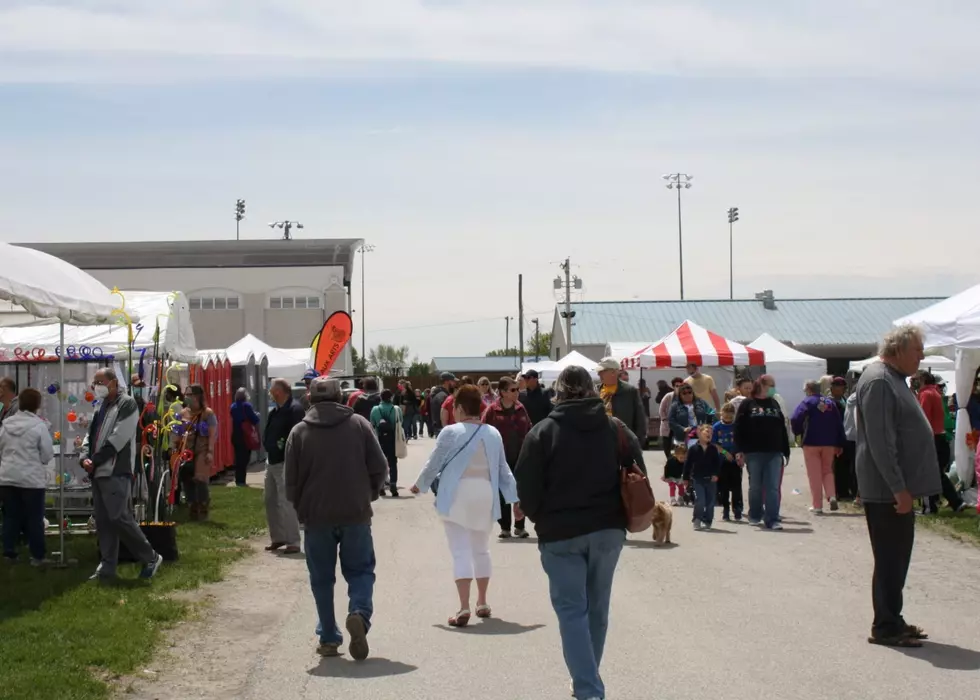
Save Money & Stay Safe Heating Your Home In Illinois, Iowa, and Wisconsin
Cool weather is here! In fact, just 2 weeks ago we were pushing 100 degrees and now in Iowa we just had two nights of light frost. That's a temperature change of 70 degrees from high to low in just a weeks' time. Well, as many begin to turn on the heaters and get the gas flowing, there are several things to remember as we heat our homes. Let's start with the basics. We want to save money and be safe.
What should people do when preparing to turn on their heat for this first time?
Change Your Furnace Filter: Filters get dirty and gross. Make sure to change your filters at every season or more often. As air blows through your home, filters keep you from inhaling dust or debris. If you have allergies (like me) or breathing issues this is a must to keep clean, higher-quality air in your home.
Clear Blocked Vents: Did you move your furniture around, add in some longer, flowing curtains, or buy a new bigger bed? If you answered yes, you may need rethink your room layout. Blocking air vents is a great way to pay more on your gas or electric bill. Your home will run more efficiently with less obstructions. Common sense right. Speaking of blockages, wasps and small birds love to try and make homes in your furnace's exhaust port. Be aware and check the outside of your home for any nests in the exhaust, it can cause the system to fire inconsistently or not at all. If there is a blockage, get it cleared and save yourself the headache of your heating unit kicking on and off non-stop.
Clean Those Burners/Furnace: Burners collect dust, cobwebs, and old skin flakes (ewwww) which affects your furnace’s lifespan. If you've ever turned on a furnace without cleaning it out, you already know the disgusting smell I speak of. Do yourself and your heater a favor by cleaning your burners. Old grime and dirt won't burn on to the heating units and cause future problems. It's as simple as a can of pressurized air, a cloth, and a vacuum.
Slowly Transition Your Home Temperature: Never switch directly from AC to Heat. You should always give your furnace a grace period to acclimatize to the change in temperature and barometric pressure. Once it's time to use your heat, set it low and slowly raise the temperature over the course of a week based on comfort. This will save you on heating expenses and keep your furnace from needing repairs for rushing things.
Prepare Your Home: Feel that draft? It's like watching money get sucked right out of your wallet. Poor insulation, or lack thereof, allows heat to seep from your home and can increase your energy bill. Seal those windows and buy draft busters for under closet or exterior doors. According to the Department of Energy, updating your insulation can cut your heating costs by 15% since your system isn’t working twice as hard to meet your demands. It also reduces outside noise and can help keep your air cleaner, with less outdoor contaminants getting in to your home.
Check You carbon Monoxide Alarm or Get One: Carbon monoxide is an odorless, lethal gas dangerous to your family and pets. Since your heating system will run for an extended period, it's important to have a working carbon monoxide alarm in your home, preferably next to your furnace. It can detect any abnormalities in the air if your furnace releases toxic fumes or doesn't burn correctly. Change the back-up batteries before heating season each year and make sure to test it.
Test Fire That Heater: It's time. You've prepped everything there is to prep. Turn that puppy on and get to heating. Leave it on for a few minutes to gauge how it's running. If you hear any weird noises or smell something funky, you should turn it off immediately and investigate or call the repair technician for any serious issues. It's better to do all this when you don't actually NEED the heat yet, and have time for repairs if they are needed.
My furnace is already running, how can I make sure it's running safely?
According to a press release from Alliant Energy, it's important that people are mindful of natural gas safety principles. Here's their advice...
“Safety is our number one priority. As the temperatures drop and customers begin to turn on their furnaces, there are some precautions they can take to keep their families and communities safe.”
-Richard Sublett, director of operational compliance and work order management for Alliant Energy
- Know the signs of a gas leak and what to do.
- Understand the risk of carbon monoxide and know how to detect it.
- Prevent snow and ice from blocking gas vents.
- Dig safely.
How can I tell if I have a gas leak?
- An odor like rotten eggs; natural gas has no scent, so utilities add this odorant.
- A hiss, roar, or whistle near a gas appliance, meter, or pipeline.
- Blowing dirt, bubbling water, or discolored vegetation in an otherwise green area.
It's important to note that gas is not always recognizable by the smell. In that case, natural gas detectors help identify the threat. Additionally, certain soil conditions can strip the rotten egg odorant out of natural gas; cooking aromas and other strong smells can mask the odorant; and prolonged exposure can make the odorant undetectable.
Carbon monoxide can also be a danger when a furnace or gas appliance malfunctions. Carbon monoxide detectors will help identify this threat. Carbon monoxide is a deadly, odorless gas that causes dizziness, shortness of breath, headaches, confusion, nausea and fainting. If you come across signs of a gas leak or experience these symptoms, leave the premises immediately and call 911 from a safe distance.
Remember that exhaust port we talked about being blocked by wasps or birds? Once winter arrives, snow and ice can block those same exhaust areas and damage gas meters and pipes. Use a broom to keep gas service equipment clear. Knock down icicles that have formed on exhaust ports and clear vents for gas appliances following major snow or ice storms. This enables proper venting and prevents carbon monoxide accumulation in your home.
Yard work safety is key too. Looking to put in a fire pit this fall? There's an increased risk of gas pipeline damage as homeowners rush to finish yardwork. In addition, digging incidents are the most common cause of underground natural gas leaks. Always call 811 before digging or doing yard projects. This call will initiate a free process for utilities to locate and mark underground lines so you can dig safely. Even minor damage to a gas pipeline (nicks, scratches, cuts, scrapes, dents and gouges) can result in pipeline failure or a major incident in the future if not properly assessed. Additionally, never place a fire pit above a buried line. If the fire gets too hot, it could cause the gas pipeline below to leak or melt.
LOOK: Here are 25 ways you could start saving money today
Gallery Credit: Bethany Adams
LOOK: This is where homes are selling the fastest right now
Gallery Credit: Stacker
More From 94.1 KRNA









